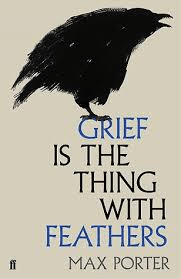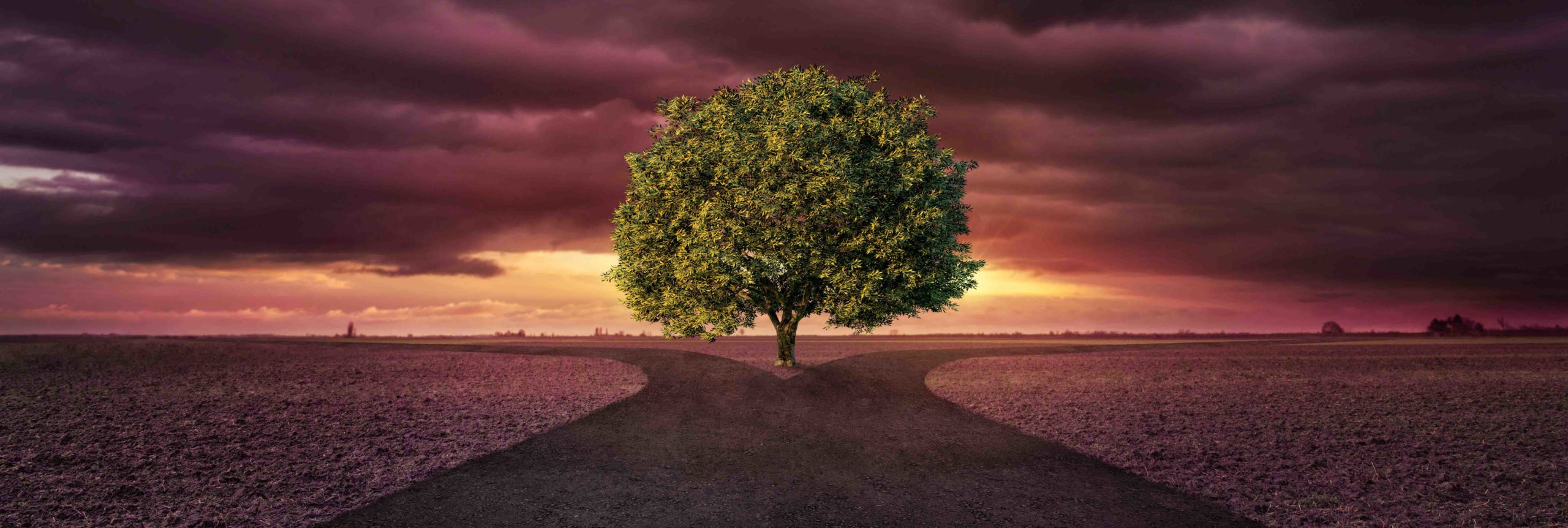An example of gratitude
For a little break in the mourning, I will give you something to think about.
—Max Porter

Reflecting on Heather’s email, I agree with Max Porter. It definitely gives me something to think about.
I remember the sudden and tragic death of Heather’s partner in 1978 (when she was in her late twenties). Much older than she is, he dies in her arms of a sudden heart attack. They are on an isolated island and medical help arrives too late to save him. I vividly recall the depth and the complicated nature of Heather’s grief. And how my then-husband Don and I invite her to stay with us for a month six months after his death. She weeps every day.
A TURNING POINT

Every life has turning points.
My “Heather” story is a turning point in the excruciating first year of my mourning. Seeking to understand Heather, my grief and my response to her, I turn to authors who write about courage. I benefit from reading books by Brené Brown, who has written many influential books, including Daring Greatly (2012) and Braving the Wilderness (2017). Brown pays particular attention to gratitude. Every participant in her research who spoke about staying open to joy identified the importance of practicing gratitude. As a result, Brown committed herself as a researcher to marry the concepts of joy and gratitude.
shame, grief, and vulnerability
Brown’s work also links shame with grief and vulnerability. In Daring Greatly, she says this: “When we share vulnerability, especially shame stories, with someone with whom there is no connectivity, their emotional (and sometimes physical) response is often to wince as if we have shone a floodlight in their eyes….”
What is worse, says Brown, when it’s over, our shared vulnerability may seem blinding, harsh, and unbearable; others often feel depleted, confused, and sometimes even manipulated. Sadly, that is not the empathic response we are hoping for. That is my experience with Heather.
Later, in Daring Greatly, Brown explains:
If you decide to … dare greatly, you are going to get kicked around…. There may even be some plain ol’ mean-spiritedness … because cynicism, criticism, cruelty and cool are even better than armor — they can be fashioned into weapons that not only keep vulnerability at a distance but also can inflict injury on the people who are being vulnerable and making us uncomfortable.
While I now wish I had not displayed my grief so openly after the flood, I accept that I could not control it during a PTS attack.
In any case, should I even try?
I am shattered.

Because Karl and others are so open to me and my pain, I come to understand how much expression of validation for my courage, resilience, and friendship means when I feel lost, ashamed, and cannot pull myself together. I cannot fully grieve for something (my new circumstances and the triggered PTS) that I judge harshly.
I have to find a way to have compassion for myself.
A powerful wake-up call
Heather’s email is a powerful and salutary wake-up call. While she cannot give me what I cry for, its brutal honesty opens me up to ask myself questions from the depth of my trauma. I imagine that it is the best she can do, being overwhelmed by personal and professional demands. While her opinions feel harsh at the time, they are ultimately helpful. My understanding that I am traversing the realm of Gratitude and Karl’s keen advice help me handle this delicate matter without further fallout. It is valuable for me to receive and ultimately to process such a reality check.
I stretched both of us past the limits of our connectivity.
Trauma, I learn, has a way of reframing (and possibly culling) friendships.
Four aspects to be grateful for

As I read more of Brown’s research, I find four aspects of Heather’s email for which I can be grateful:
- I learned discernment: to embrace the support and love of real friends. When I arrive in Vancouver, I will not have Heather to rely on. I would be wise to process that reality quickly and move on.
- I feel empowered to invoke protection for myself, to listen to my intuition, take advice, and not read the email when it first arrives (and not for several months).
- Taking my problem to Dr Vanda and to Angela, my wise, trusted, and experienced spiritual director, builds my confidence that genuine, practical help is at hand and that I still have some powers of discernment.
- When I do reply to Heather’s email, I do so on my terms. I am grateful for the lessons Heather taught me. No longer caught up in the throes of raw and unpredictable PTS, I can articulate my position and stand by it. I feel emboldened.
